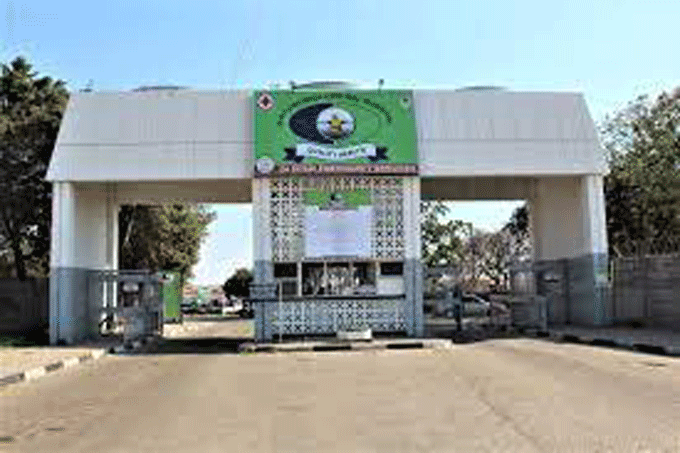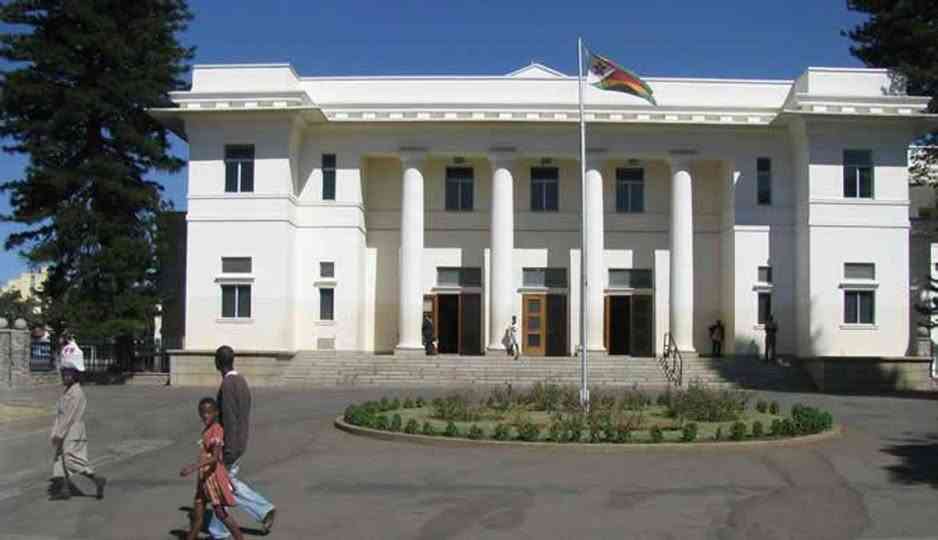
BY TAFADZWA KACHIKO THE renal unit at Chitungwiza Central Hospital (CCH) named after the late former President Robert Mugabe’s late first wife Sally collapsed and disappeared years ago, NewsDay has established.
The unit has since been transformed into a five-bed private ward after years of being a white elephant.
The Sally Mugabe Renal Training Institute officially opened by President Robert Mugabe in 2011 following its establishment in 2008 had eight dialysis machines that served at least 16 people per day. By 2015 CCH was offering kidney renal dialysis for free, while other hospitals were charging between US$250 and US$370 for single dialysis secession.
The renal unit collapsed amid plans to start kidney transplants under the banner of Sally Mugabe Kidney Transplantation Unit announced in 2018 by Moyo. This initiative was sponsored by Mimosa Platinum Mine.
Some dialysis machines were reportedly decommissioned into store rooms while some were transferred to Parirenyatwa Group of Hospitals.
CCH board public relations and marketing subcommittee chairperson Lameck Chibvongodze told hospital stakeholders recently that the renal unit was now a private ward.
“You know there was an attempt to do kidney transplant and management here. Why can’t we make (the Renal Unit) a private ward rather making it a white elephant? It was opened and it is just opposite the intensive care unit. It is not like the hospital has been privatized, but it is just a facility for those who want to enjoy their privacy. It attracts money that can sustain the hospital,” Chibvongodze said.
A CCH employee (name withheld) told NewsDay that dialysis stopped when Moyo was still the chief executive, and some specialists ended up clandestinely using the facilities following its closure.
- Chamisa under fire over US$120K donation
- Mavhunga puts DeMbare into Chibuku quarterfinals
- Pension funds bet on Cabora Bassa oilfields
- Councils defy govt fire tender directive
Keep Reading
“What prompted the management to change it to a private ward after the collapse of dialysis is that some specialists made the patients pay at their surgeries and came for theatre procedures in that building. In the end, they earned money at the expense of the hospital,” the source said.
“Right now if a patient gets admitted to the private ward, they pay an equivalent to US$50 per night instead of $150 paid in other wards. It was a better way of collecting revenue because the building was just idle. It has about five beds and every person will be in his or her own room,” the source added.
CCH acting chief executive Michael Chiwanga referred NewsDay to the Health and Child Care ministry permanent secretary Jasper Chimedza for questions.
“You know the protocol. The chief communicator in the ministry is the permanent secretary. We are not allowed to comment on issues to do with the system. Why can’t you just contact him? You can communicate with him in writing and if he sends the letter to us we can respond so that our jobs won’t be affected. If my predecessors commented to the press, they just had guts. We receive letters of questions that would have been sent to him and we respond,” Chiwanga said.
Chimedza requested an SMS which he never responded to. Efforts to get a comment from Moyo were also futile.
The only government institutions with dialysis services left are Parirenyatwa and Sally “Harare” Mugabe hospital, which, however, do not cater for HIV-positive people.
- Follow us on Twitter @NewsDayZimbabwe










